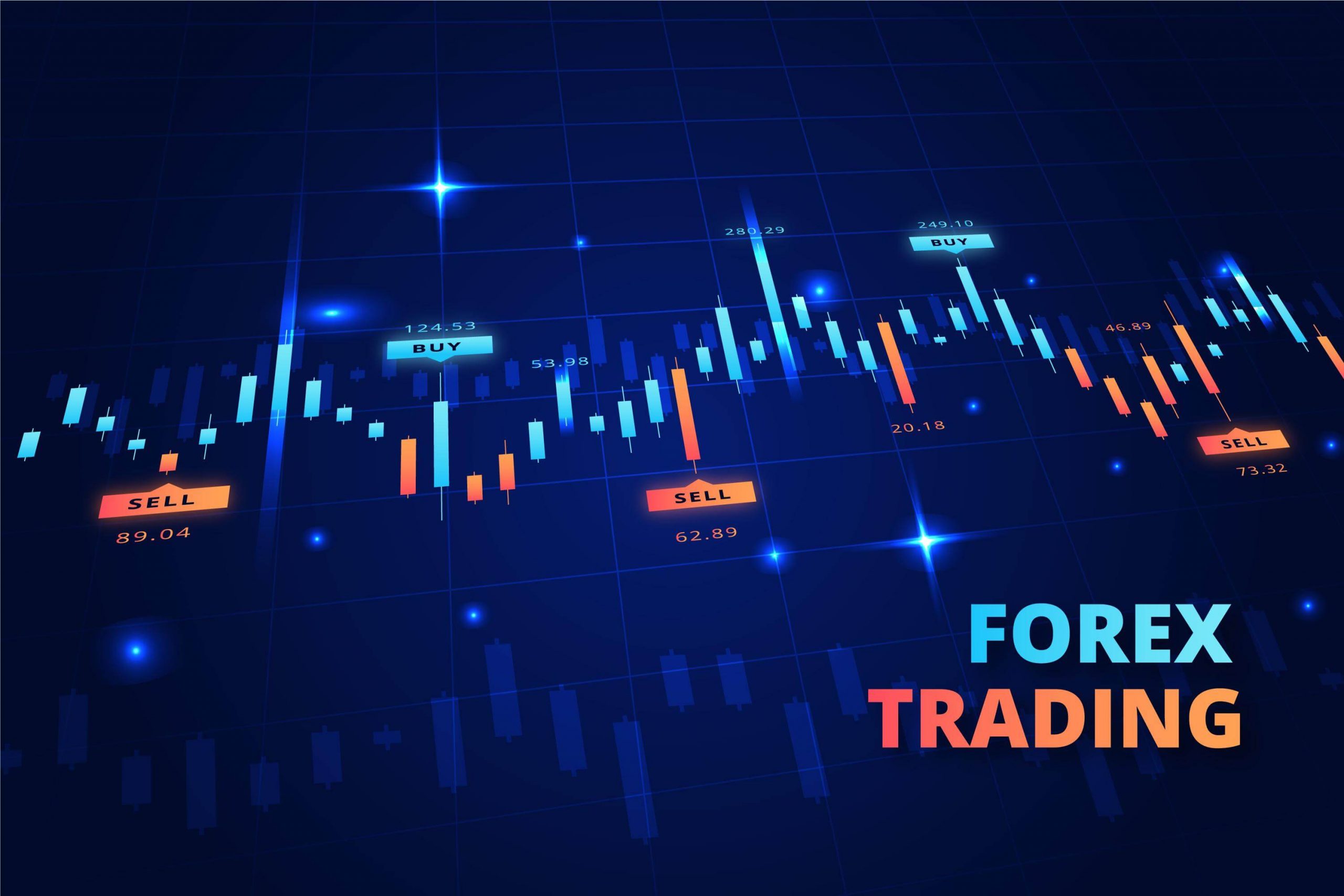In the ever-evolving financial landscape, understanding the complexities of the foreign exchange (forex) market becomes paramount for both seasoned investors and inquisitive beginners. Forex trading, the exchange of currencies from one country to another, presents an arena rife with opportunities, but also potential risks. This comprehensive article will delve into the depths of the forex market, demystifying its complexities and equipping you with an arsenal of knowledge to navigate its waters confidently.

Image: analisaaceh.com
What is Forex and Why Should You Care?
Forex, the world’s largest and most liquid financial market, facilitates the exchange of currencies between nations. Its allure stems from its accessibility, offering 24-hour trading, high liquidity, and the potential for significant profits. By understanding forex, you gain insights into global economic trends, protect your assets against currency fluctuations, and open doors to lucrative investment opportunities.
Navigating the Forex Market
To embark on the forex journey, it’s imperative to familiarize yourself with its core concepts. Pairs of currencies form the basis of forex trading, such as the widely traded EUR/USD (euro versus US dollar). The first currency in the pair, the base currency, is purchased, while the second, the quote currency, is sold. Exchange rates determine the value of one currency relative to another and are constantly fluctuating based on a multitude of global economic factors.
Unveiling the Art of Forex Trading
In the realm of forex trading, participants can adopt either a long or short position. A long position entails buying the base currency in anticipation of its appreciation against the quote currency, while a short position involves selling the base currency with the expectation of its depreciation. Understanding the factors influencing exchange rates – interest rates, economic data, geopolitical events, and market sentiment – is crucial for informed trading decisions.

Image: www.pinterest.co.uk
Risk Management: The Cornerstone of Success
Forex trading, while enticing, demands a prudent approach to risk management. As with any financial endeavor, the potential for losses is inherent. Implementing a comprehensive risk management strategy is paramount, encompassing measures such as setting stop-loss orders – predetermined points at which a trade is automatically closed to limit potential losses – and diversifying your portfolio across multiple currency pairs to mitigate market volatility.
Choosing the Right Forex Broker
Selecting a reputable and reliable forex broker is essential for successful trading. Consider factors such as regulation, trading platform usability, spreads (the difference between the buy and sell prices), and customer support when evaluating potential brokers. Remember, the broker you choose will serve as the gateway to your forex trading endeavors, so due diligence is essential.
Education and Practice: Keys to Forex Mastery
Continuously honing your knowledge and skills is indispensable in the ever-evolving forex market. Engage in educational resources – books, articles, webinars – to deepen your understanding of trading strategies, market dynamics, and risk management techniques. Supplement theoretical knowledge with practical experience through a demo account, allowing you to test your strategies without risking real capital.
What To Know About Forex
Conclusion
Embracing the world of forex requires a thirst for knowledge, a meticulous approach to risk management, and an unwavering dedication to continuous learning. By mastering these elements, you empower yourself to navigate the intricacies of the forex market with confidence, harnessing its potential for financial growth and diversification. Remember, the forex market is a realm of both rewards and risks, and the key to success lies in navigating its complexities with prudence and an arsenal of knowledge.






